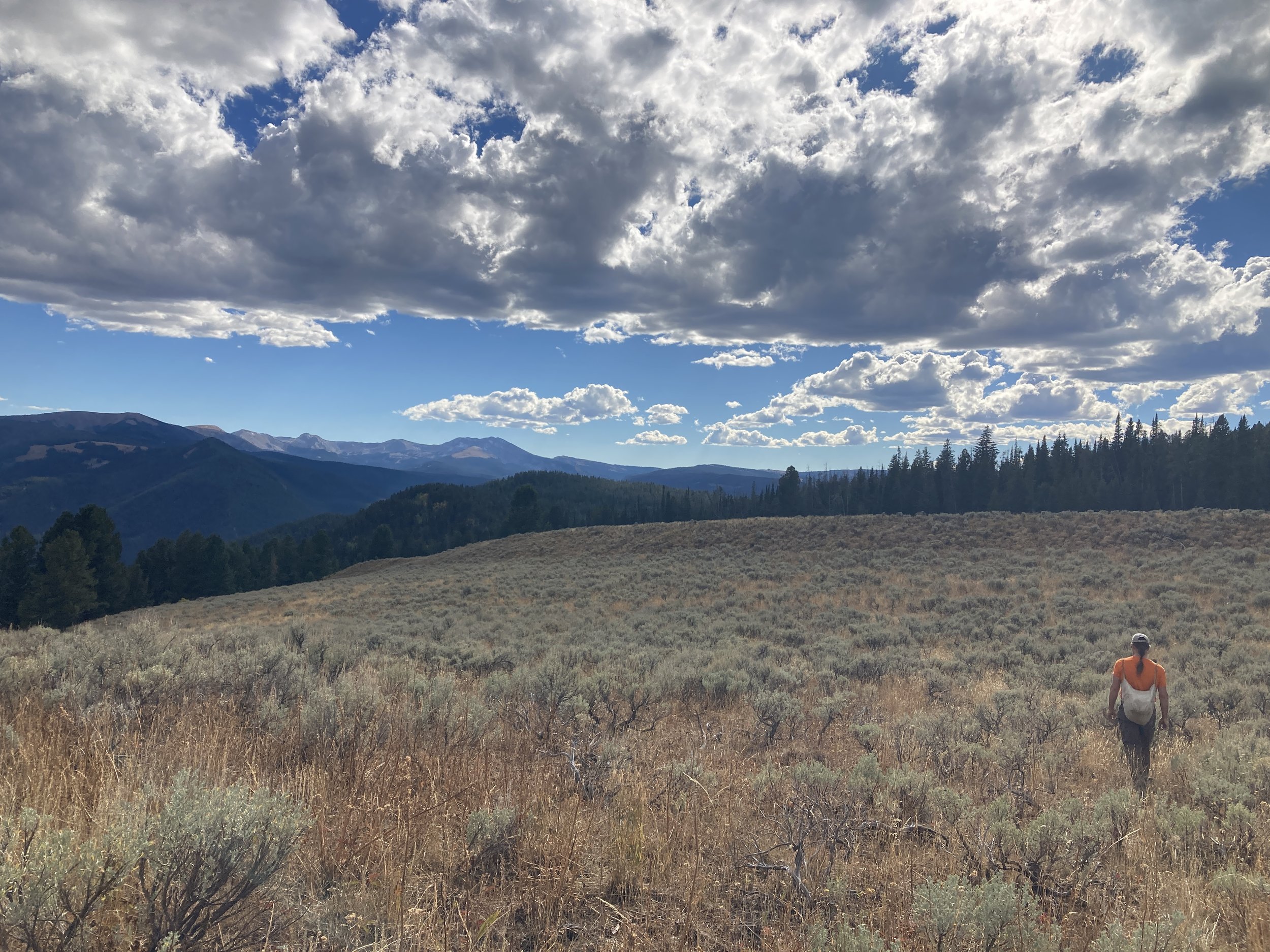
Glossary of Terms
Below are my personal definitions for some of the terms and concepts commonly used in this space. If there are others you’d like to see in here, please be in touch.
-
Attachment refers to the very human need to be connected to others, particularly primary caregivers, during the earliest years of our lives.
For a deeper dive, check out this blog post.
-
Freewriting refers to a style of writing that has nothing to do with writing beautiful pieces and everything to do with becoming an outlet for all that’s churning beneath the surface.
In order to do this, our inner editors have to get out of the way. So we dodge them by setting a timer, writing the whole time the timer is going, letting the writing take us wherever it wants to, and ignoring all the rules we ever learned about spelling, punctuation, and grammar.
-
Herbal allies are plants that can support us as medicine in the form of tinctures, teas, salves, flower essences, culinary herbs, and food.
Herbs can be supportive for many things, and I am particularly fond of those that support nervous systems stressed by daily life and embodied traumas.
-
Anytime we bear witness to our minds and bodies with a compassionate, nonjudgmental gaze, we are engaging in mindfulness practice. In our work together, I offer specific practices for cultivating mindfulness.
-
In my nervous-system-informed practice, I recognize that each of our nervous systems has been significantly shaped by our life experiences, and that our physical responses to real and perceived threats are automatic and worthy of compassion.
For a deeper dive, please check out this blog post.
-
Parts + shadow work embraces the intuitive understanding that we all have a multitude of parts, many of which arose out of early wounding, and that deep healing can occur when we can bring a loving and curious presence to those parts of ourselves.
Popular parts + shadow work modalities include Internal Family Systems, Inner Relational Focusing, and Somatic Parts Work. I draw upon all of them in my work.
For a deeper dive, check out this blog post.
-
Somatic awareness means, most simply, an awareness of the body. Somatic approaches are becoming increasingly sought-after because they help us access and offer healing to stored wounds and traumas in a way that the mind and words just can’t.
For a deeper dive, check out this blog post.
-
My trauma-informed practice is held in the awareness that each of us has experienced some form of trauma in our lives, no matter how ideal or privileged our lives have been.
And so, it is important to me to create a safe space for you to work with the pain points, wounds, and traumas that manifest as present-day challenges and threat responses.
For a deeper dive, check out this blog post.